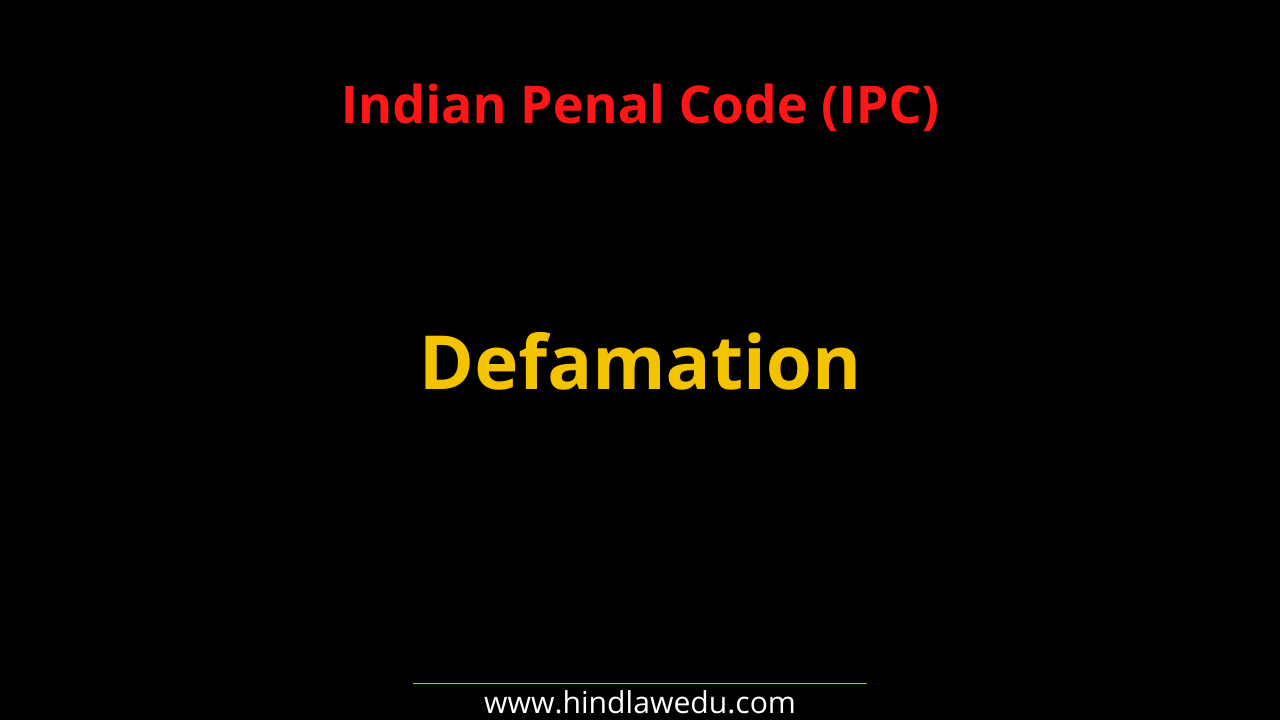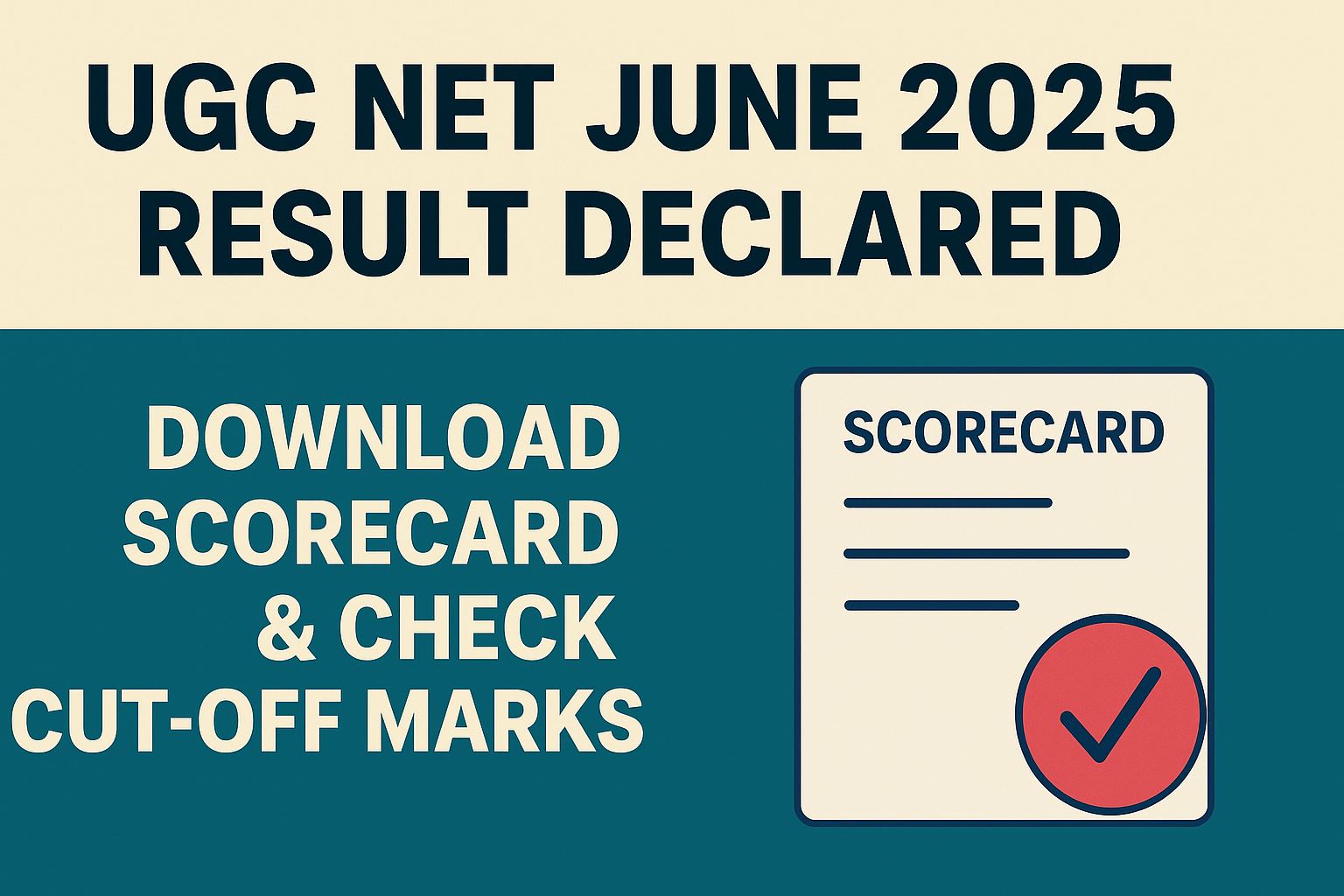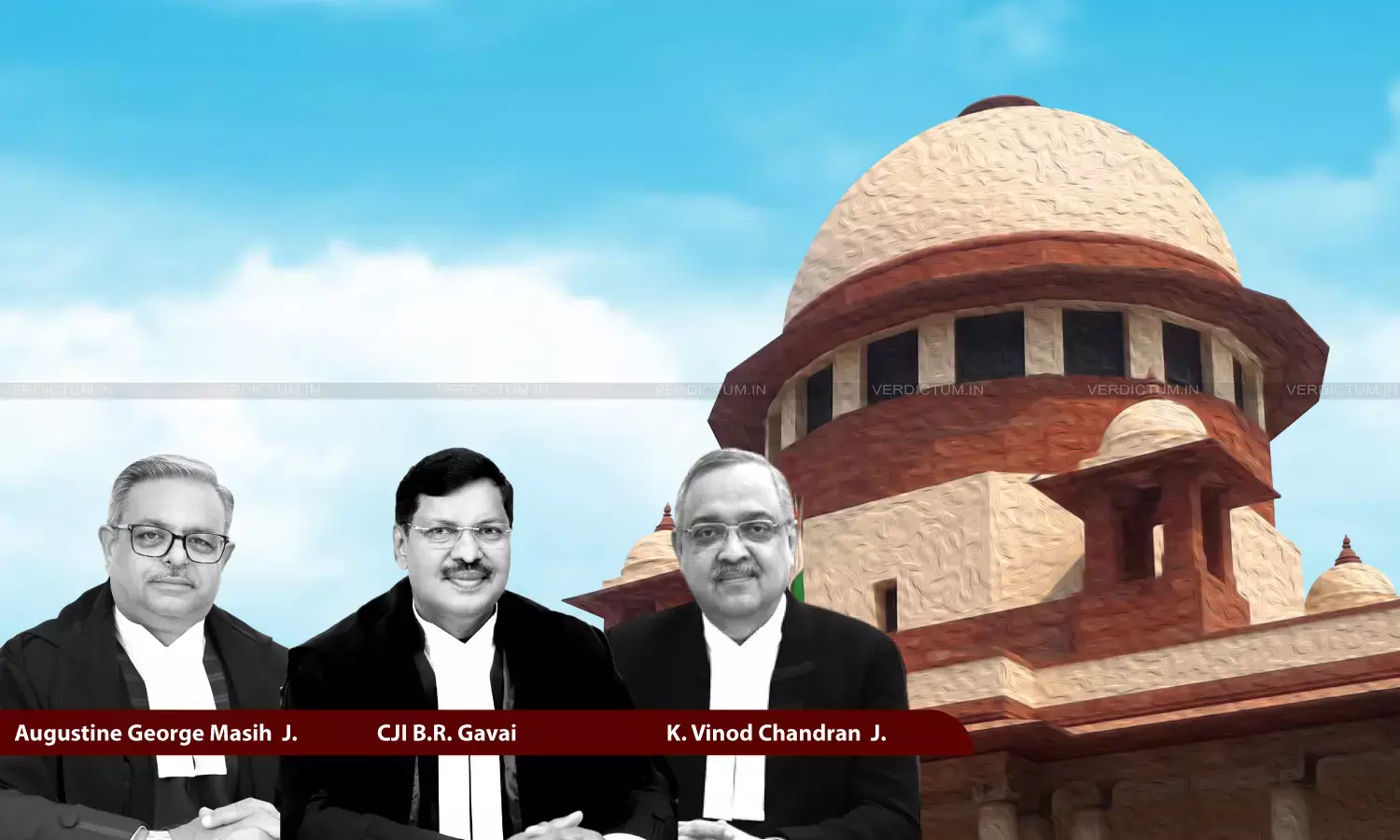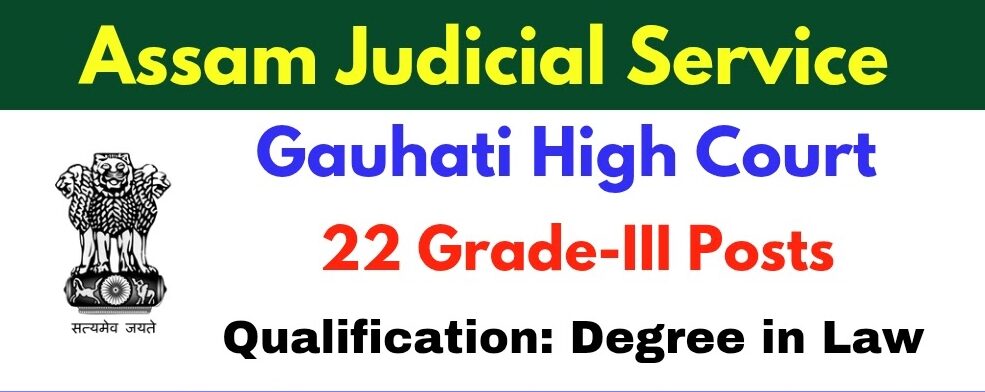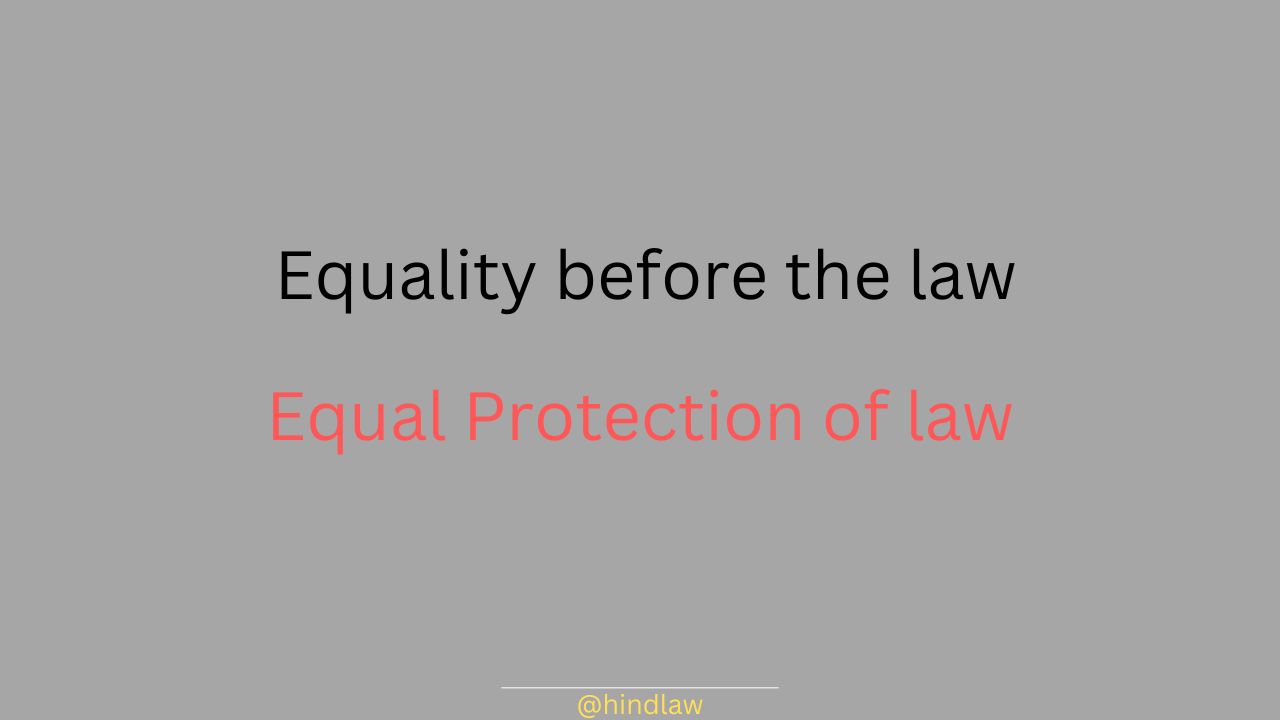Table of Contents
Introduction
Confessions play a pivotal role in the criminal justice system, shaping the outcome of trials and influencing judicial decisions. The Indian Evidence Act, 1872, lays down specific provisions regarding the admissibility and implications of confessions.
In this article, we’ll delve into the basic concepts of confessions under the Act, provide illustrative examples, and explore landmark cases that have shaped the legal landscape.
Definition of Confession (Section 24)
According to Section 24 of the Indian Evidence Act, a confession is a statement made by an accused that directly or indirectly admits guilt in connection with the offense charged. The admissibility of a confession depends on certain conditions specified in the Act.
Voluntariness (Section 24 and Section 25)
A confession must be voluntary to be admissible. Section 24 emphasizes that a confession obtained by inducement, threat, or promise is irrelevant in criminal proceedings.
Section 25 further states that confessions made to police officers are not admissible in court, ensuring the voluntariness of the statement.
Illustrative Example:
Consider a scenario where a suspect, under police custody, confesses to a crime after being promised leniency. In such a case, the confession may be deemed inadmissible under Section 24 as it was obtained through inducement, rendering it irrelevant in court.
Types of Confessions
- Judicial: Made before a magistrate or in court, these hold high evidentiary value due to the formal setting and safeguards against coercion.
- Extra-judicial: Made outside a formal setting, like to a police officer or friend. These require stricter scrutiny to ensure voluntariness.
Cases
In Shahoo v. State of U.P, AIR 1966 SC
It has been held that when an admission as provided in Section 17 is made in civil cases it is called an admission but when it is made by an offender in a criminal case, it is called a Confession.
In Pakala Narayan Swami v. Emperor, AIR 1939 P.C.
It was held that a confession must either admit in terms of the offence or at any rate substantially all the facts which constitute the offence.
Conclusion
Understanding the intricacies of confessions is extremely important for law students who are interested in criminal law. The Indian Evidence Act provisions and landmark cases are very helpful in evaluating the admissibility and reliability of confessions. As legal practitioners, it is crucial to recognize the significance of voluntariness and the limitations imposed on confessions made to police officers. By studying these concepts and cases, law students can gain a deeper understanding of the nuances surrounding confessions in the Indian legal system.




